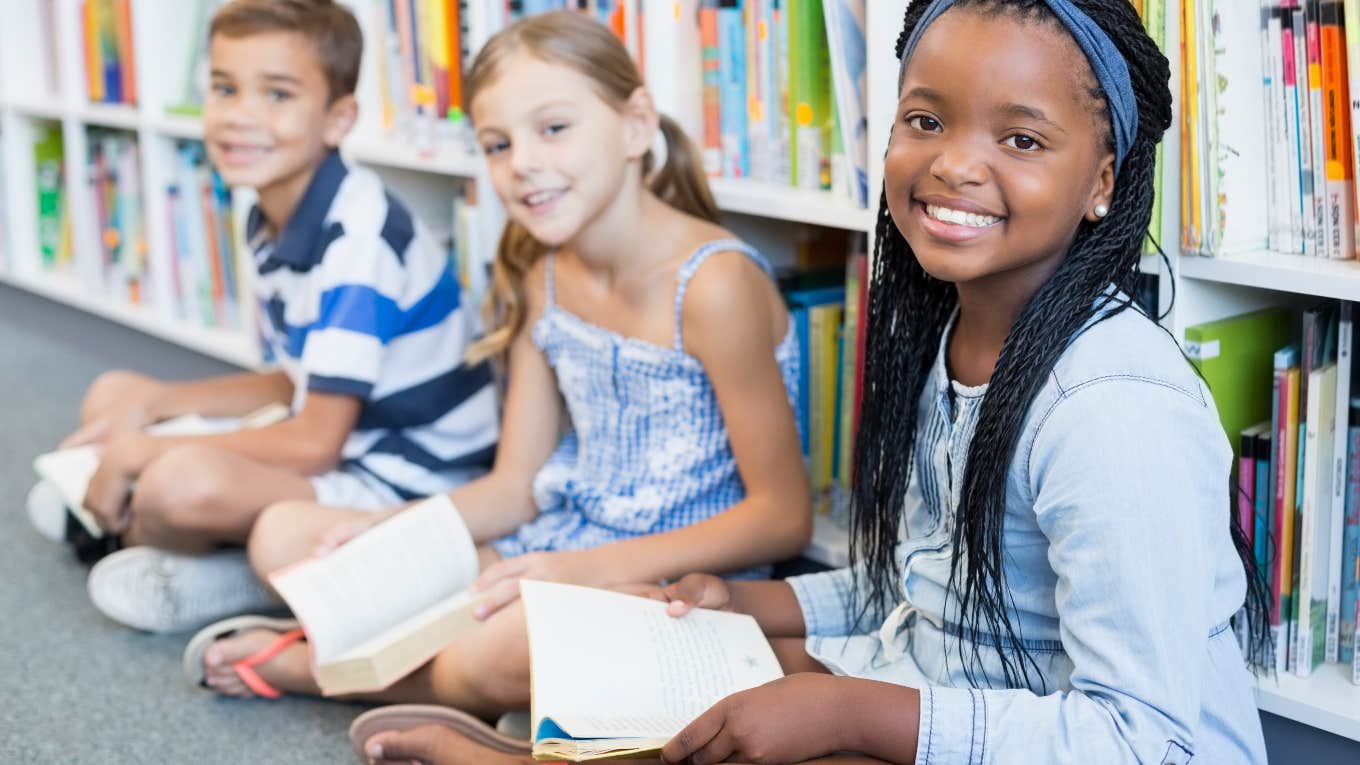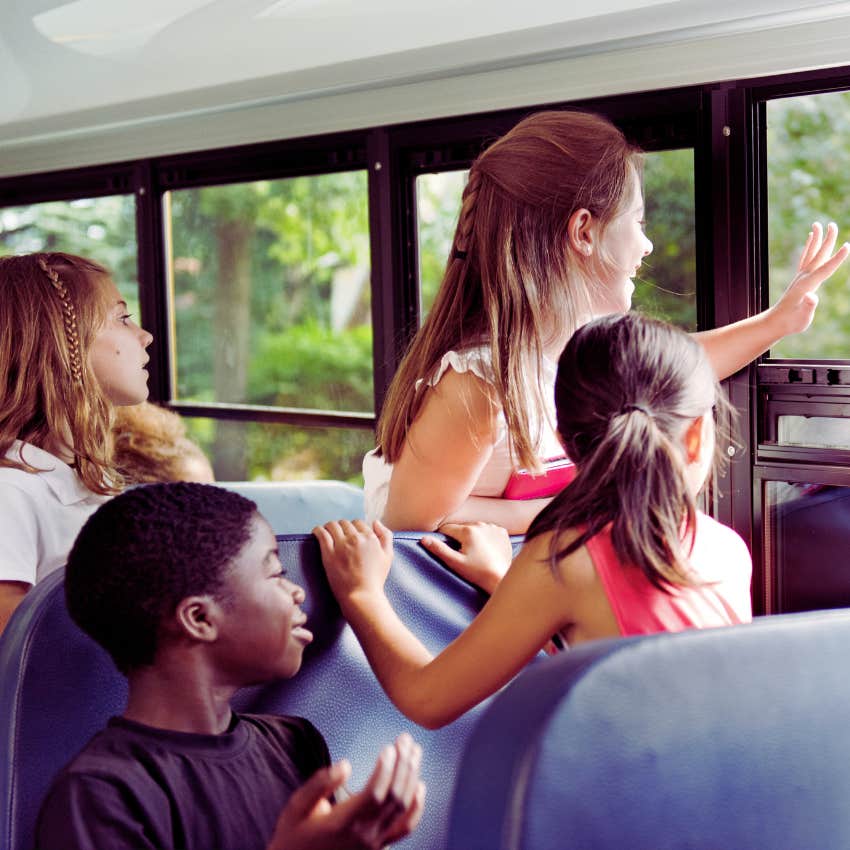Teacher Hands Out Books Instead Of IPads, Frustrating Other Teachers — 'This Is Part Of What's Wrong With Kids Today'
She couldn't believe other teachers would rather give their students iPads instead of books.
 wavebreakmedia / Shutterstock
wavebreakmedia / Shutterstock A generation of “iPad kids” has made teaching a lot more complicated. Now, kids expect an entirely different form of instruction and entertainment. Regular old pen and paper rarely make the cut anymore.
One teacher tried to bring books back to her students but frustrated other teachers in the process.
A teacher who handed out books upset a teacher who thought they should have used iPads.
One teacher took to Reddit to share her interesting experience of being berated for sharing books with her students, something she probably never expected to happen.
“Yesterday my class went on a field trip to the aquarium, which was an hour away,” the teacher said. “We rode the [special education] bus because I’m an inclusion class, so it was my class, four other kids from other classes, 5 [paraprofessionals] and the special education teacher.”
Keeping children occupied for an hour-long bus ride is not an easy feat, but this teacher had a plan.
“I brought books for my class to read and was letting the other special education students borrow my books,” she explained. “They kept raising their hands to trade out their book, and I was happy to do so.”
The children seemed perfectly happy with their books, but the other teacher on the bus apparently was not. “The special education teacher turned to one of the [paraprofessionals] and said, ‘This is why we should’ve just brought their iPads.’”
 lisegagne / Canva Pro
lisegagne / Canva Pro
“Like, wow, well, now I know why kids don’t value reading and would rather be on a device,” she said.
“Mind you, the kids were not acting up and were enjoying reading/looking at the books,” the teacher insisted. “Also, ironically, the special education teacher was also reading a book.”
This teacher later added an “edit for clarity” to her post. “They were not talking about eBooks or accessibility,” she said. “They were referring to playing games. The further commentary indicated this.”
Kids already get far more screen time than they should.
According to the CDC, kids ages eight to 10 get an average of six hours of screen time a day. For 11 to 14-year-olds, it’s nine hours. For teens between 15 and 18, it's a whopping seven and a half hours.
VeryWell Health stated, “The American Academy of Pediatrics once suggested limiting non-educational screen time to two hours per weekday. Now, with the understanding that not all screen time is created equal, they suggest creating a plan for specific types of screen time.”
While screen time guidelines have changed to become more lenient for the many different types of screen time each child is exposed to, knowing that the suggestion was once no more than two hours a day is eye-opening. Children are certainly getting more screen time than this.
Screen time is essentially giving children the opposite of what a book does. Gone is the need for imagination, comprehension, and, perhaps most importantly, literacy.
A Newsweek opinion piece noted, “It’s time to recognize that reading and distraction machines are opposites, and that your child is not going to become a great reader or innovative genius from watching videos.”
This could be contributing to the much lower reading test scores schools are seeing. The National Assessment of Educational Progress found, “In 2022, the average reading score at both fourth and eighth grade decreased by 3 points compared to 2019.”
As reading scores plummet and screen time increases, it’s not difficult to see a correlation. Kids are much less focused on reading than they once were. Screens are taking over what could have been reading time.
Even teachers are allowing this to happen by giving their students iPads instead of books, or at least preferring to do so.
Mary-Faith Martinez is a writer for YourTango who covers entertainment, news and human interest topics.

